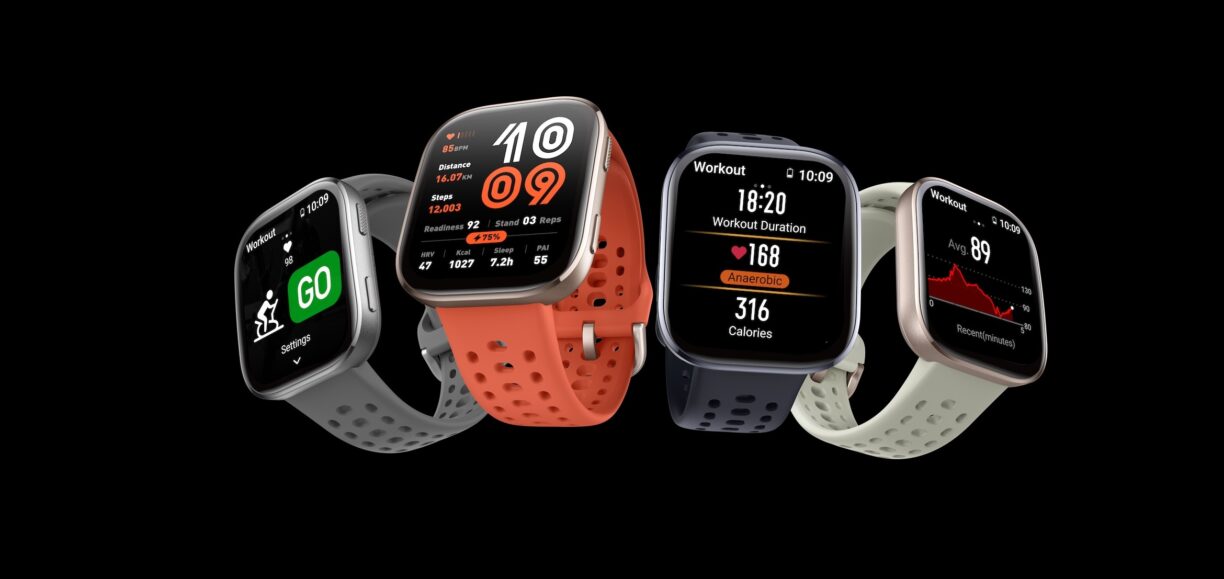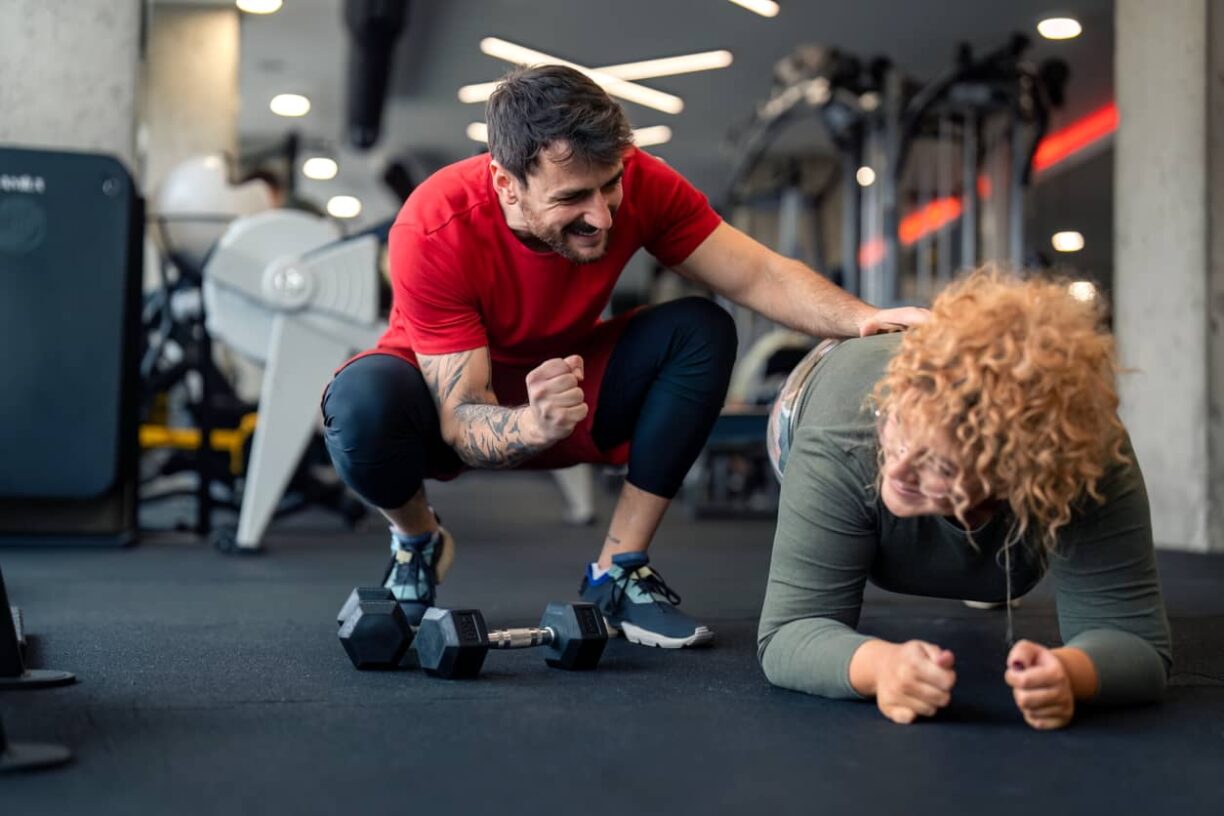Losing ourselves in reality TV is a form of escapism for many of us – but could it be damaging our health?
Experts are warning reality TV shows could be a negative influence, after a Nottingham Trent University study found that alcohol was consumed in 39% of scenes and 98% of episodes across 20 popular shows from the UK, US and Australia.
What’s more, unhealthy food or takeaways appeared in 88% of episodes, and cigarettes were featured in 2%.

In 2021, Love Island was the most-watched digital channel show for 16-34-year-olds – so with teenagers and young adults making up a high proportion of reality TV viewership, are we risking the health of our young people by glorifying these things on screen?
Copycat culture
After all, these shows are essentially selling a lifestyle and an image – and cocktails, parties and meals out are a huge part of that. Psychologist Aaron Surtees, founder of City Hypnosis, says what we watch on TV may influence our own choices and attitudes.
“Research has shown us that viewing or watching TV can shape our thoughts and belief system. Subconsciously, we receive information and form opinions from watching others,” says Surteees.
“Persuasion and trust are also a big factor, and certain actions or activities become acceptable in our minds, such as drinking or smoking. On a subliminal level, this can encourage viewer participation and can also spark an urge to drink or smoke.”
Body image pressures
When it comes to how reality TV might be influencing our health, another topic that comes up a lot is body image.
Critics often claim shows like Love Island, TOWIE and Made In Chelsea promote unrealistic body standards, due to lack of diversity amongst body types, and with many of the cast using heavy filters on social media, as well as having treatments such as fillers and Botox and cosmetic surgery.
“Reality TV has warped children, teens and young adults into believing their body and appearance isn’t good enough,” says body positivity influencer and blogger Charlotte Emily Price, 23, who has amassed over 90,000 Instagram followers with her gorgeous outfits and body honesty.
“Although the content of reality TV is usually entertaining or light-hearted, there are fundamental issues with the way the reality stars are picked as part of the show.
There is seriously limited representation when it comes to body image in reality TV – nine times out of 10, there are only slim-framed women.”
And while what we see on screen may seem realistic – thinking in terms of what cast members are eating and drinking, for example – a huge amount of editing may have gone into creating these scenes.
“A lot of the time, food is used as part of the set and it’s all very staged, or they cut clips from the same day of them eating and split them across a few of the episodes,” says Price.
“It creates another unrealistic scenario that young girls and boys will latch onto, and again start comparing how their bodies behave differently to those that appear to be eating and drinking a lot on TV.”
Can you watch reality TV with self-care in mind?
Is it possible to enjoy reality TV shows – and still protect your health, both mentally and physically? Price believes it is.
“I detach myself from comparison by practising self-love and journaling. This might seem silly, but I genuinely believe the more in touch you are with your mind, what your values are, and what you want from life to make you feel fulfilled, the happier you’ll be with your external appearance – and you’re less likely to care about what your body looks like compared to the next,” she says.
“Your body is the least interesting thing about you, and you should be talking to yourself like someone you love! I’d also say that if you consume social media, only follow people who make you feel good about yourself, as that impacts how you view your body,” Price adds.

And when it comes to your physical health, Surtees highlights how important it is to change up your viewing habits – and not overdo it.
“Try to limit your TV watching and some days don’t watch any at all,” he says. “Avoid binge-watching TV for hours, as it can cause poor neurological functions and physical attributes, such as headaches and fatigue.
“Try and switch up your viewing and what programmes you watch, so you watch mindfully. Ensure you take breaks and get outside to get fresh air. Ensuring plentiful sleep is also important, as tiredness can cause exaggerated symptoms and trigger bad habits.”





